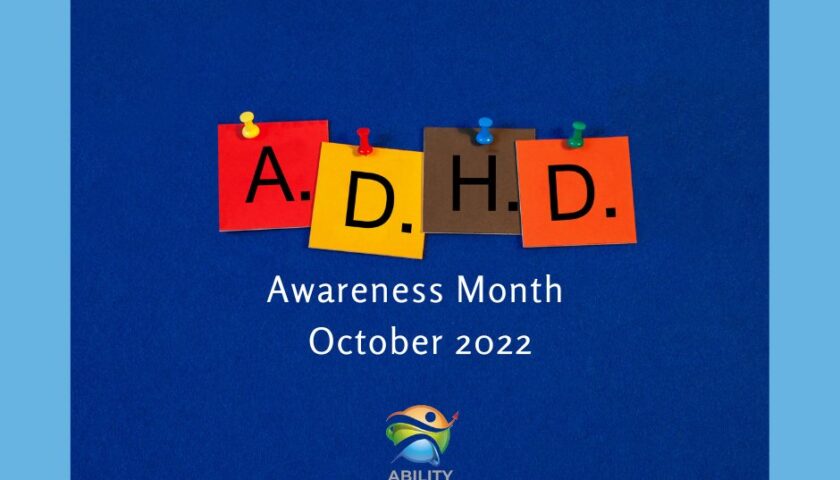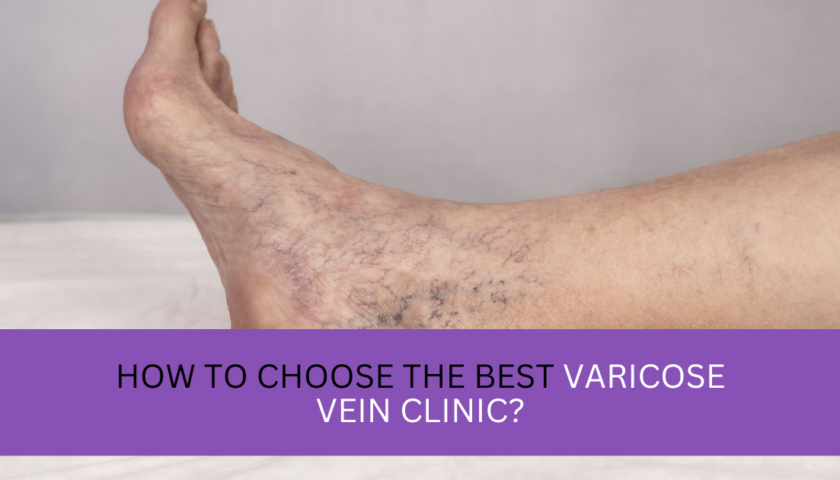Introduction
Eating disorders are complex mental health conditions that can have severe physical and emotional consequences. The role of an eating disorder therapist is pivotal in helping individuals struggling with these disorders regain control of their lives. In this informative article, we will delve into the essential aspects of the role of an eating disorder therapist and explore the various types of eating disorders in detail. Our goal is to provide you with a comprehensive understanding of this critical field.
Role of an Eating Disorder Therapist
Eating disorder therapists play a multifaceted role in the treatment and recovery of individuals with eating disorders. They offer a combination of emotional support, psychotherapy, and practical guidance. Here are some key responsibilities:
Assessment and Diagnosis
Therapists begin by conducting thorough assessments to determine the type and severity of the eating disorder. This step is crucial as it helps tailor the treatment plan to the individual’s specific needs.
Individualized Treatment Plans
Every person struggling with an eating disorder is unique, and therapists develop personalized treatment plans that may include cognitive-behavioral therapy, nutritional counseling, and family therapy.
Emotional Support
Eating disorders often coexist with anxiety, depression, and other mental health issues. Therapists provide emotional support, helping individuals navigate the emotional challenges of recovery.
Relapse Prevention
One of the most significant roles of a therapist is to equip individuals with the tools and strategies needed to prevent relapse. They help build resilience and coping mechanisms.
Types of Eating Disorders
Understanding the various types of eating disorders is crucial for both therapists and individuals seeking help. Here, we will explore some of the most common ones:
Anorexia Nervosa
Anorexia nervosa is characterized by extreme food restriction and an intense fear of gaining weight. Individuals with anorexia often have a distorted body image and engage in restrictive eating behaviors.
Bulimia Nervosa
Bulimia nervosa involves a cycle of binge-eating followed by purging behaviors, such as vomiting or excessive exercise. Individuals with bulimia may maintain a normal weight but suffer from emotional distress.
Binge-Eating Disorder
Binge-eating disorder is marked by recurrent episodes of overeating without purging behaviors. It can lead to obesity and related health issues, as well as emotional distress.
Avoidant/Restrictive Food Intake Disorder (ARFID)
ARFID is characterized by selective eating, often limited to a narrow range of foods based on texture, taste, or smell. This disorder can lead to nutritional deficiencies and impaired social functioning.
Orthorexia
Orthorexia involves an obsession with eating “clean” or “healthy” foods to the point where it becomes detrimental to one’s health. Individuals with orthorexia may exclude entire food groups.
Other Specified Feeding and Eating Disorders (OSFED)
OSFED encompasses a range of disordered eating behaviors that do not fit the criteria for other specific disorders. It highlights the diversity of eating disorders and the need for individualized treatment.
The Therapeutic Approach
Eating disorder therapists employ a holistic and empathetic approach to their work. They understand that eating disorders are not just about food; they often stem from deep-seated emotional, psychological, or even societal factors. Therefore, therapists create a safe and non-judgmental space where individuals can explore the underlying issues that contribute to their disorder.
Behavioral Modification
Therapists utilize evidence-based techniques, such as cognitive-behavioral therapy (CBT), to help individuals change their unhealthy behaviors and thought patterns. CBT helps patients identify negative thought cycles and replace them with more positive and constructive ones.
Nutritional Guidance
Proper nutrition is a cornerstone of eating disorder recovery. Therapists work closely with dietitians to ensure that individuals receive balanced meal plans that support their physical and emotional well-being. This guidance helps individuals relearn healthy eating habits.
Family Therapy
In many cases, eating disorders can affect not only the individual but also their family dynamics. Therapists often involve family members in the treatment process to address any family-related triggers or issues that may contribute to the disorder.
Group Therapy
Group therapy provides individuals with eating disorders the opportunity to connect with others facing similar challenges. It fosters a sense of community, reduces isolation, and offers a supportive environment for sharing experiences and coping strategies.
The Complexity of Eating Disorders
Eating disorders are intricate and often intertwined with other mental health conditions. This complexity underscores the importance of professional intervention.
Co-Occurring Mental Health Disorders
It’s not uncommon for individuals with eating disorders to also struggle with anxiety, depression, or substance abuse. Therapists are trained to identify and address these co-occurring disorders, ensuring comprehensive treatment.
The Influence of Society
Societal pressures, unrealistic beauty standards, and social media can exacerbate eating disorders. Therapists help individuals navigate these external influences and build resilience against harmful messages.
Long-Term Recovery
Eating disorder recovery is a journey that extends beyond therapy sessions. Therapists prepare individuals for the challenges they may face in the real world, empowering them with strategies to maintain their progress.
Breaking Down Stigmas
Therapists also play a crucial role in breaking down the stigmas associated with eating disorders. They educate communities about the complexities of these conditions, emphasizing that they are not matters of choice but rather serious mental health issues that require understanding and support.
Frequently Asked Questions
What are the common signs that someone may have an eating disorder?
Signs of an eating disorder may include significant weight loss, obsession with food and body image, social withdrawal, and changes in eating habits.
Can eating disorders be treated successfully?
Yes, with professional help, eating disorders can be treated successfully. Early intervention and a tailored treatment plan are essential for recovery.
Is therapy the only treatment for eating disorders?
No, treatment may include a combination of therapy, medical intervention, and nutritional counseling, depending on the individual’s needs.
Are eating disorders only about food?
No, eating disorders often have underlying emotional and psychological factors that need to be addressed in therapy.
Can eating disorders affect people of all ages?
Yes, eating disorders can affect individuals of all ages, from adolescents to adults. Early intervention is crucial for better outcomes.
What should I do if I suspect someone I know has an eating disorder?
If you suspect someone has an eating disorder, approach them with empathy and encourage them to seek professional help. Offer your support throughout their journey to recovery.
Conclusion
The role of an eating disorder therapist is indispensable in the treatment and recovery of individuals grappling with these complex conditions. By understanding the various types of eating disorders and seeking help from qualified professionals, individuals can embark on a path toward healing and a healthier relationship with food and themselves.
Remember, if you or someone you know is struggling with an eating disorder, seeking help is the first step towards a brighter and healthier future.





